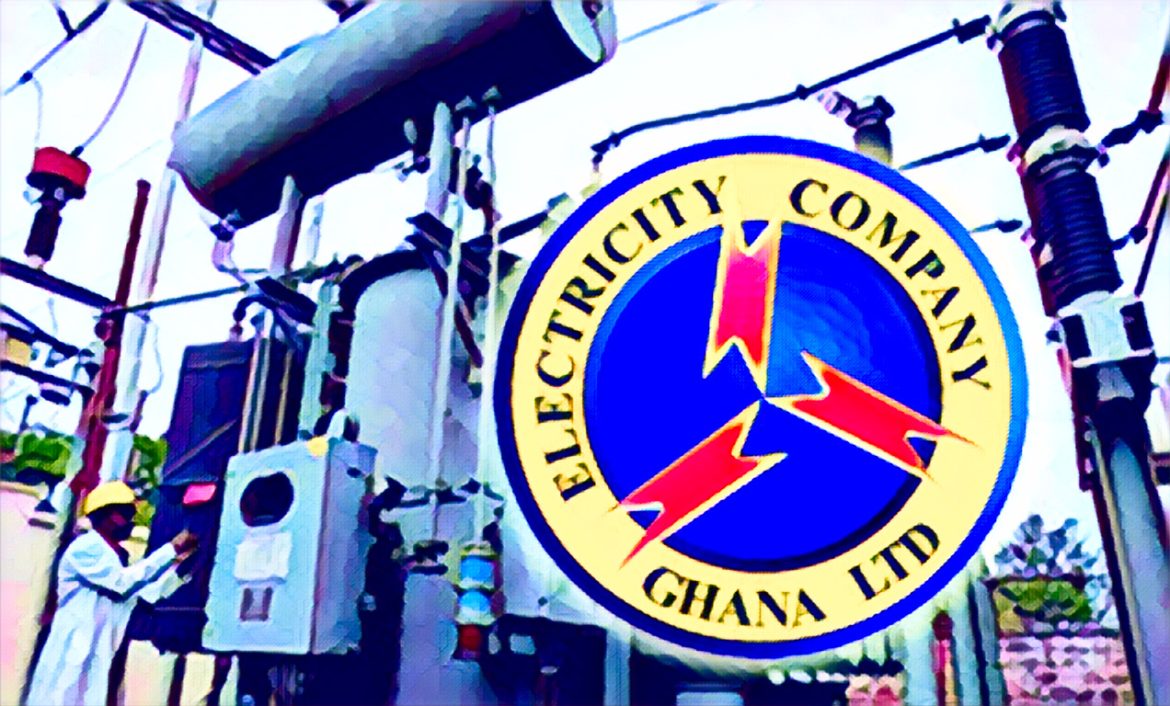KEY POINTS
- ECG’s exchange rate discrepancies caused GH₵6.5 billion in losses in 2022.
- PURC calls for an urgent review of the Cash Waterfall Mechanism.
- Ghana’s energy sector risks collapse if financial issues are not addressed.
The prominent Ghanaian energy think tank, the Africa Center for Energy Policy (ACEP), has expressed concern over how the Electricity Company of Ghana (ECG) has dealt with exchange rates.
Speaking to ACEP’s Policy Lead on Petroleum and Conventional Energy, Kodzo Yaotse, ECG has been quoting exchange rates above what is obtainable between banks. This divergence has resulted in massive losses for the company hence the future of the energy sector in Ghana.
In 2022, ECG through manipulation of the exchange rate was able to realise a net exchange loss of close to GH₵6. 5 billion, representing a very significant progress compared to GH₵609 million recorded in 2021. This trend heightened in the year 2023 and was characterised by a loss of GH₵7 billion.
The financial implication of these losses as mentioned above is alarming not only to ECG but also to the energy sector in Ghana.
Yaotse emphasised the lack of transparency in ECG’s financial operations. He revealed that ACEP used the Right to Information (RTI) process to request details on the historical exchange rates used by ECG in its transactions. Since May 2024, ECG has failed to provide the requested information, arguing that the request was voluminous.
This delay raises concerns about ECG’s accountability in managing public funds and ensuring the financial sustainability of the power sector.
PURC calls for urgent action to avoid crisis
The Public Utilities Regulatory Commission (PURC) has also voiced concerns about ECG’s financial practices. In a letter addressed to key stakeholders, including the Ministry of Finance, the PURC highlighted the growing risks of financial instability in the energy sector. ECG’s failure to meet its financial obligations and exchange rate discrepancies have resulted in significant revenue shortfalls.
As a result, key energy companies such as the Ghana Grid Company (GRIDCo), Volta River Authority (VRA), and Bui Power Authority are receiving only a fraction of their invoiced payments.
The current Cash Waterfall Mechanism (CWM), which was supposed to distribute at least GH₵1 billion monthly, is not functioning as intended. PURC warns that if urgent measures are not taken, the entire energy sector could face collapse. The commission is calling for a comprehensive review of the CWM framework and input from all stakeholders to address these critical challenges.





1 comment
**mitolyn official**
Mitolyn is a carefully developed, plant-based formula created to help support metabolic efficiency and encourage healthy, lasting weight management.